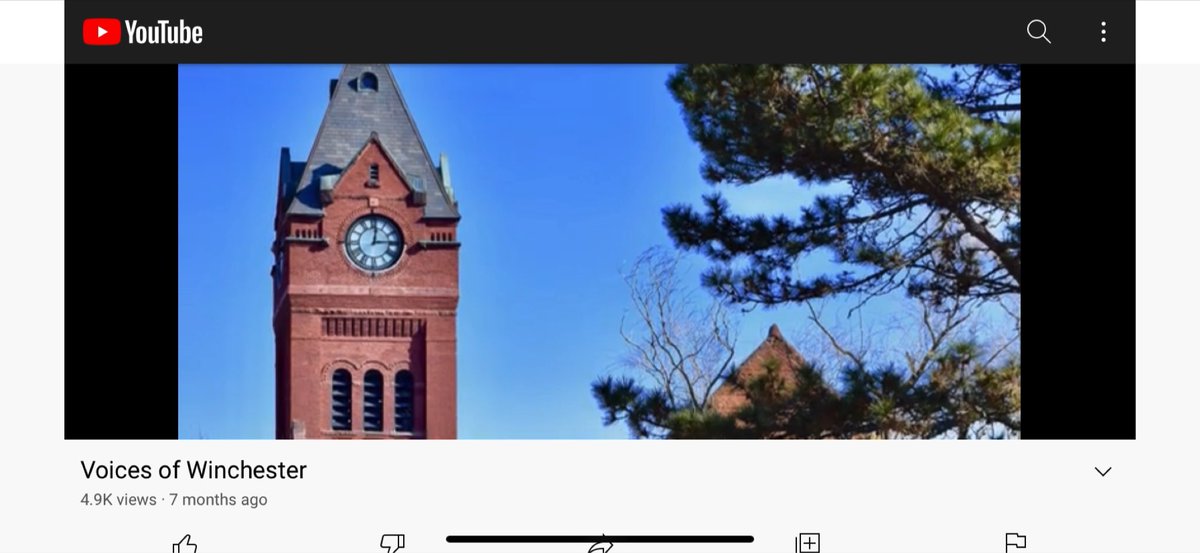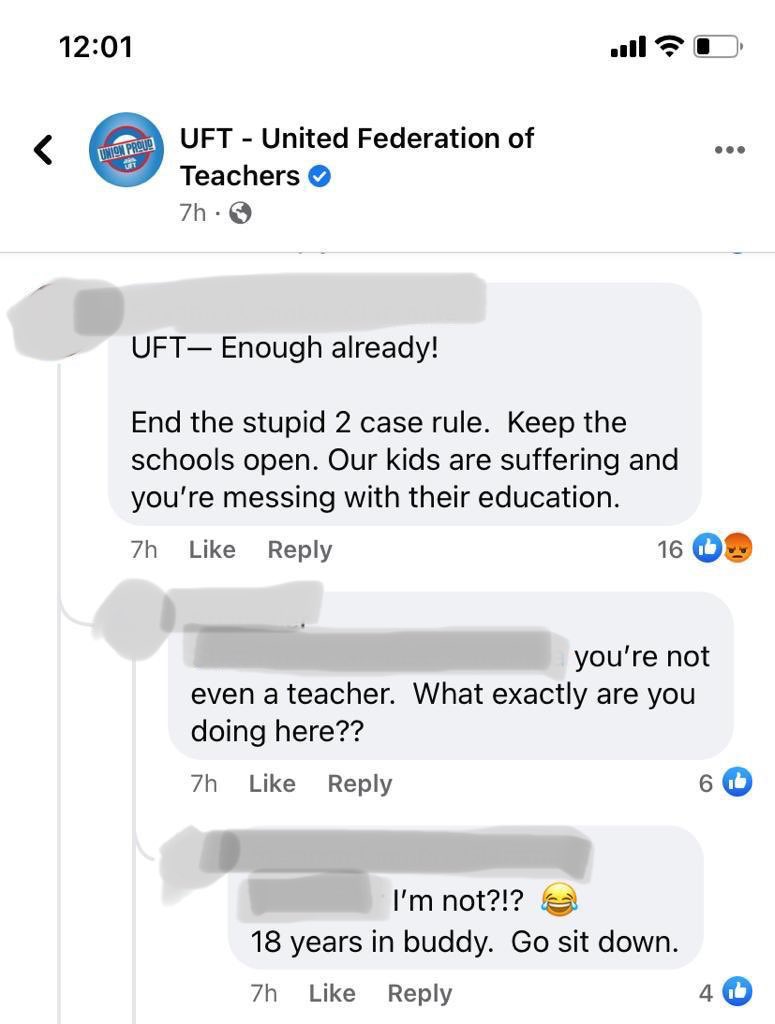
I spent my week in Massachusetts, which is Balanced Literacy Territory, meeting amazing educators shifting away from BL.
LOTS to say about that…
But let’s start with a look at the market share of the lowest-rated curricula for elementary ELA.
#CurriculumMattersMA
LOTS to say about that…
But let’s start with a look at the market share of the lowest-rated curricula for elementary ELA.
#CurriculumMattersMA

First, a fun fact:
Massachusetts is the only state to publish info on the curriculum used in each district. Find it here: google.com/maps/d/u/0/vie…
HT @MASchoolsK12. 👏
It’s such valuable info that you’d think every state would do this! The other 49 do not.
Massachusetts is the only state to publish info on the curriculum used in each district. Find it here: google.com/maps/d/u/0/vie…
HT @MASchoolsK12. 👏
It’s such valuable info that you’d think every state would do this! The other 49 do not.

I spent time with the map, which shows the curricula used in 177 of 404 districts in MA. So, it’s a partial sample.
I found 55 districts that use Reading Workshop / Units of Study, including “top” districts like Brookline.
Summary:
docs.google.com/spreadsheets/d…
#CurriculumMattersMA
I found 55 districts that use Reading Workshop / Units of Study, including “top” districts like Brookline.
Summary:
docs.google.com/spreadsheets/d…
#CurriculumMattersMA

So, based on this sample, that’s 31% of districts using the @TeachersCollege Reading Workshop approach alone.
43% of districts use either #tcrwp or @FountasPinnell.
These are the two lowest-rated curricula in K-2 English Language Arts.
#CurriculumMattersMA
43% of districts use either #tcrwp or @FountasPinnell.
These are the two lowest-rated curricula in K-2 English Language Arts.
#CurriculumMattersMA
When we met with @pentucketteach, I shared my analysis with him. His immediate reaction was that it underestimates the use of these programs. (Again, the heat map = a partial sample.)
He believes 60% of MA districts are using a Balanced Literacy program. (There are multiple.)
He believes 60% of MA districts are using a Balanced Literacy program. (There are multiple.)

In any case, these curricula are very popular in Massachusetts... and the latest reviews of both put them at the bottom of the barrel.
Lowest-rated in K–2
Two of the three lowest-rated in grades 3-8
These aren't the first critiques of these programs...
edweek.org/teaching-learn…
Lowest-rated in K–2
Two of the three lowest-rated in grades 3-8
These aren't the first critiques of these programs...
edweek.org/teaching-learn…
In January, 2020, a review of Reading Workshop by seven literacy experts found the program "unlikely to lead to literacy success" for all students: eduvaites.org/2020/01/25/und…
@ehanford's journalism has been illuminating issues with the program since 2018:
@ehanford's journalism has been illuminating issues with the program since 2018:
https://twitter.com/ehanford/status/1412949402432462853?s=20
The concerns are not new. Yet these curricula remain deeply popular.
The good news: pioneering districts are starting to break away from them.
Here's a thread from UP Academy Holland, which recently changed from F&P. Follow #KnowledgeMatters for more.
The good news: pioneering districts are starting to break away from them.
Here's a thread from UP Academy Holland, which recently changed from F&P. Follow #KnowledgeMatters for more.
https://twitter.com/ClassroomWonder/status/1458425232562216961?s=20
As in other regions, parents have caught onto the issues. In some cases, they have organized.
Parents have organized in Winchester (#TCRWP district). Hear their voices in this video from @UnitedLiteracy.
Follow leaders @Sarahabbottganz @amypoftak.

Parents have organized in Winchester (#TCRWP district). Hear their voices in this video from @UnitedLiteracy.
Follow leaders @Sarahabbottganz @amypoftak.

I’d encourage hearing from the districts that have made the switch away from these curricula for unique perspective; the recent #KnowledgeMatters School Tour is a fantastic source of insight.
Also, search #CurriculumMattersMA for more.
Also, search #CurriculumMattersMA for more.
https://twitter.com/karenvaites/status/1459581738422833157
Another interesting perspective on #MassLiteracy:
https://twitter.com/MADyslexia/status/1459580464663076876
But mostly, listen to the educators who’ve figured out that these popular programs are not serving children.
Really, listen to @mandymholl.
Really, listen to @mandymholl.
https://twitter.com/karenvaites/status/1459658438645100555
I just learned that Rhode Island also has a new-ish curriculum map:
ride.ri.gov/InstructionAss…
HT @lkbivona.
One callout: “locally-developed and/or multiple” very often means that @FountasPinnell is somewhere in the mix, at least as the assessment.
ride.ri.gov/InstructionAss…
HT @lkbivona.
One callout: “locally-developed and/or multiple” very often means that @FountasPinnell is somewhere in the mix, at least as the assessment.

These comments from a parent in a MA district listed as having “district-developed” curriculum (there are at least 15 districts like this in MA) are telling.
F&P is frequently used as part of the mix, as is the “workshop model” popularized by @TeachersCollege.

F&P is frequently used as part of the mix, as is the “workshop model” popularized by @TeachersCollege.


In any case, while curriculum landscape is a bit different in RI, the main observation is same: most districts do not use high-quality curricula.
As of 2019, only 7% of districts nationally used high-quality, standards-aligned programs in K-5 ELA:
edweek.org/teaching-learn…
As of 2019, only 7% of districts nationally used high-quality, standards-aligned programs in K-5 ELA:
edweek.org/teaching-learn…
Another curriculum map!
Add Wisconsin to the list:
wimaterialsmatter.org
HT @sjbriggs. 3 states down, 47 to go.
As before, I didn’t need to scroll far to find #tcrwp.
#CurriculumMattersMA
Add Wisconsin to the list:
wimaterialsmatter.org
HT @sjbriggs. 3 states down, 47 to go.
As before, I didn’t need to scroll far to find #tcrwp.
#CurriculumMattersMA

• • •
Missing some Tweet in this thread? You can try to
force a refresh









